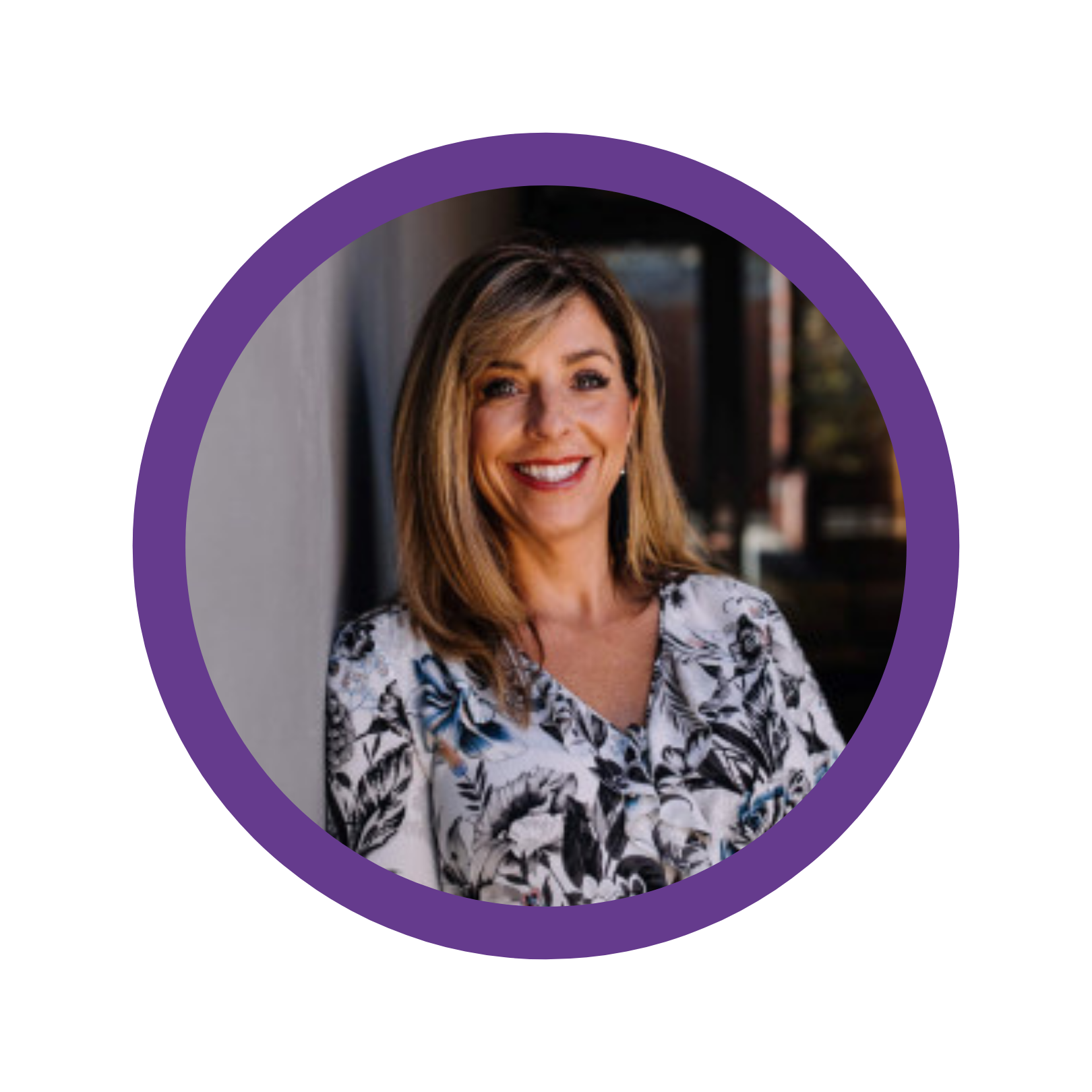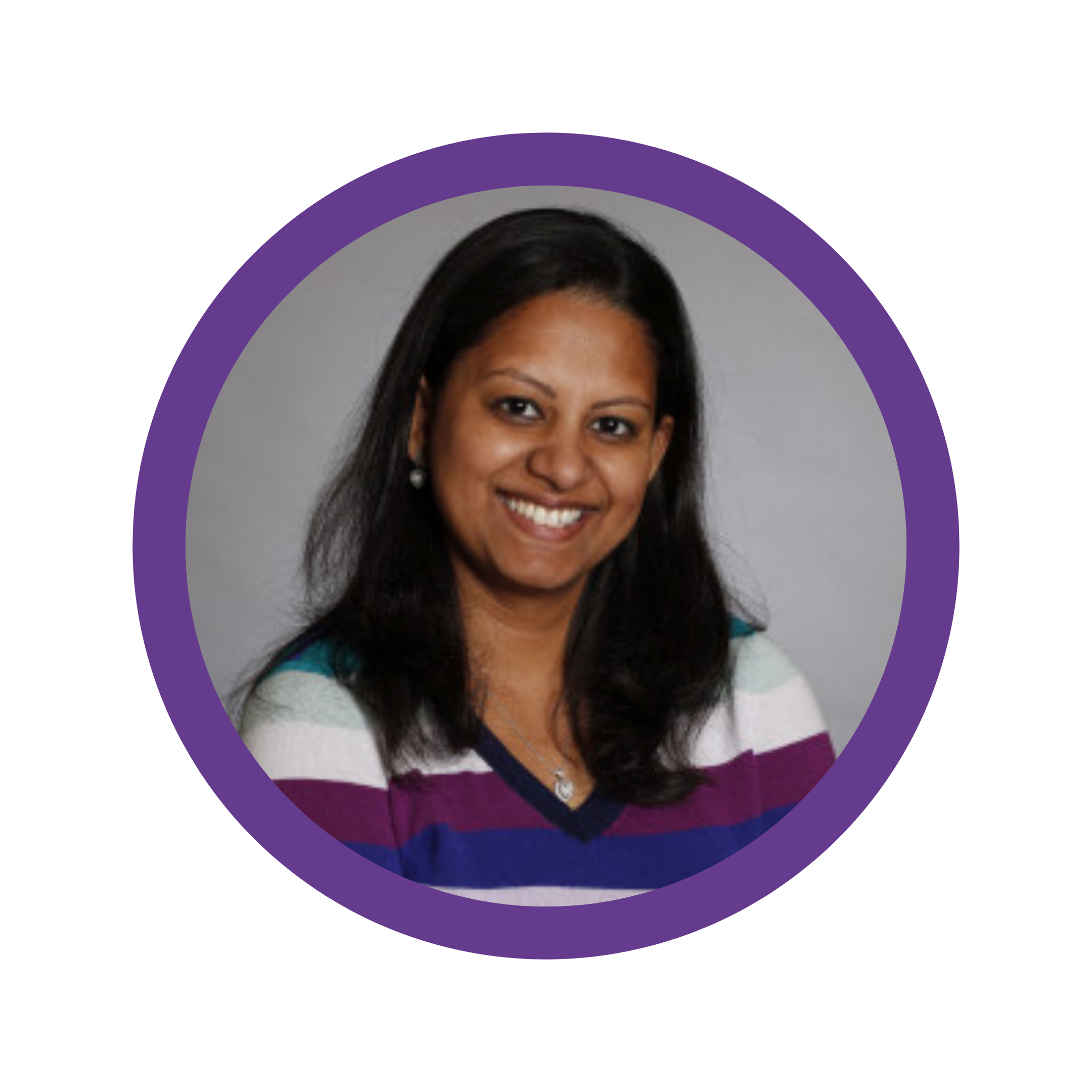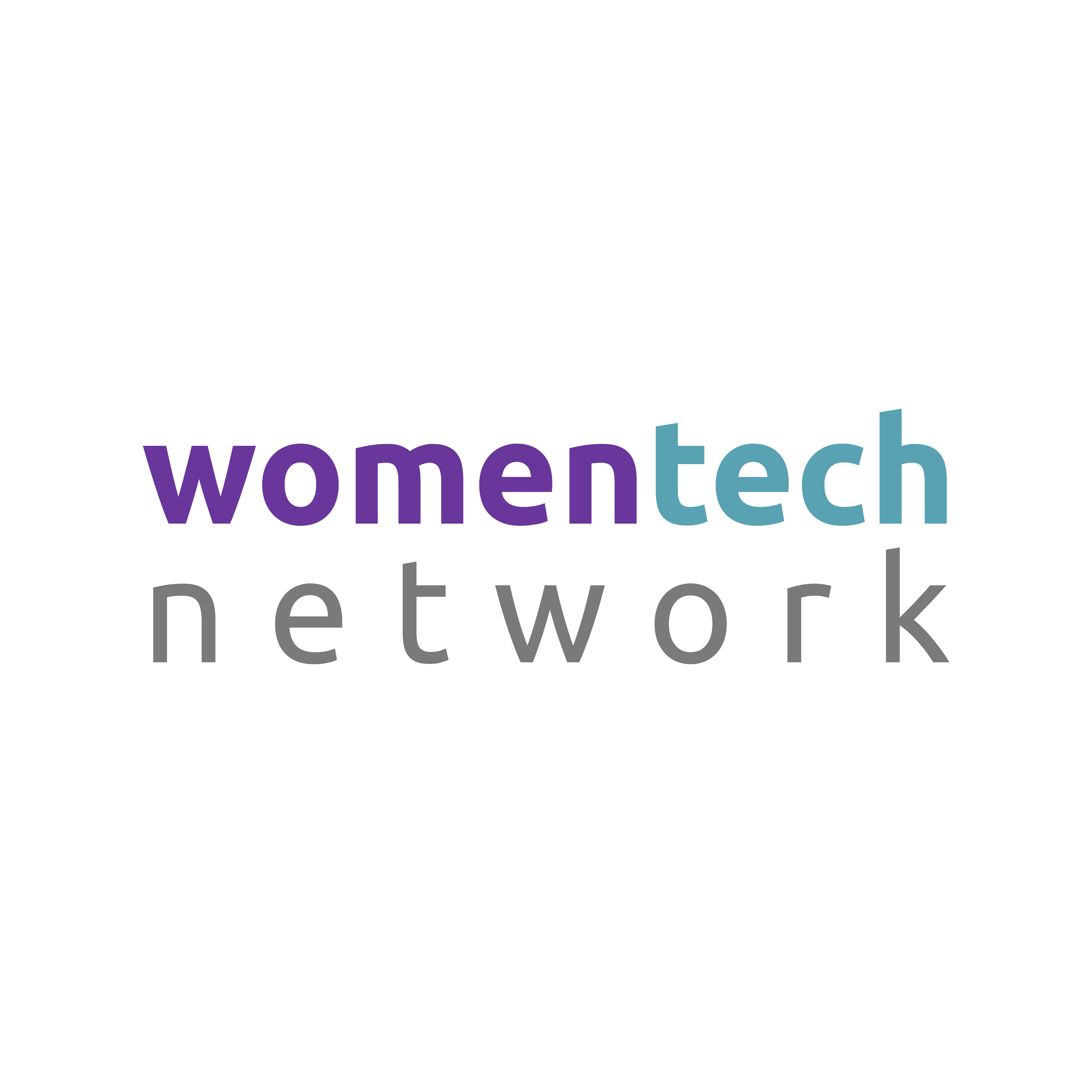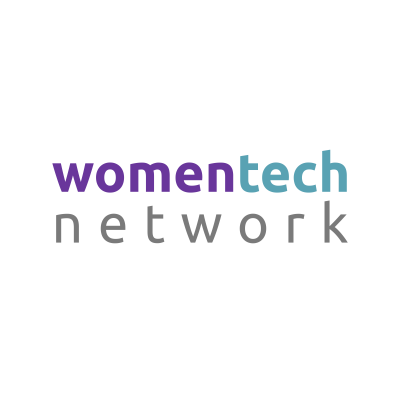
Being a woman in tech has its challenges, especially when you want to reach leadership positions. There are certain traits that successful tech women seem to have in common, there are strategies you can follow, but we believe advice straight from the source is priceless.
That's why we asked many female leaders in tech to share with us the advice they wish they'd gotten in the earlier stages of their career. Read what women from Miro, Microsoft, VMWare, Google, Logitech, Zalando, Future Point of View, Palo Alto Networks, and Beyoutifully Empower had to say.
Olga Stepanova, Head of Product Engineering Excellence at Miro.com

Olga's team is partnering with Product, Growth and Engineering to help the teams scale and accelerate while designing, developing and delivering a high-quality product their users love. Miro is rapidly growing at the moment, so finding a right way to embrace the complexity that goes along with this growth is important for the company's success. That is why the Product Engineering Excellence team was created.
"Find a mentor" would be the advice when instructing my younger self on professional growth.
My grandmother used to say that one can learn something from absolutely anyone. Her advice served me well, as it provided the lens for looking into the world as an ongoing learning opportunity. What I didn’t recognize at the time was that she was my first mentor.
Fortunately, I became a student a few times in my life. Each experience changed my professional career trajectory as it opened new perspectives and provided new skills and tools. Once the school ended, and the world unfolded in all its unpredictability and lack of structure, finding relevant and customized learning opportunities became a not-so-trivial task.
Mentorship addresses this gap and allows tapping into someone else’s experience. In a professional setting it often means accelerating the progress on goals, understanding someone's perspective better and, ultimately, learning and growing faster.
My early career-years were dedicated to experimenting: I was an engineer, a manager, eventually moving to product development. These lateral career moves required adapting, learning new skills and patterns. Even though there were people in my life who helped untangle difficult cases or talk through particular situations, somehow I didn’t perceive our interaction this way and didn't facilitate it the way it deserved: as an apprentice appreciative of accelerated learning.
In retrospect, people who I now call mentors helped me understand that learning in a professional setting is an ongoing process and it never ends, that mentorship is a great growth-accelerator, and that mentors come in different roles and capacities, sometimes for a very brief time.
No one is building their career alone, recognising the opportunities for mentorship along the way helps make a career (and life) much more productive, harmonious and successful.
Not only to a younger self but to a friend in general: “find a mentor” would be my advice.
Jhansi Reddy, Senior Program Manager Architect at Microsoft

Before this role, Jhansi was a Software developer and PM on the Microsoft Learning team. A passionate lifetime learner herself, she loved teaching programming to students as an instructor at Seattle Central as well.
During the early stages of our career, we want to do our best and demonstrate our progress. What happens often is we are looking for validation from others- a head nod, an encouraging comment. While these are important and good to have, these should not define you. You got to where you are because someone believed you have skills to do the job. I wish someone told me that while feedback is valuable, self-assessment, having "can do" attitude is even more important. You continually grow by taking on small challenges and learning from mistakes along the way.
Alana Karen, Director at Google, Author of "Adventures of Women in Tech: How We Got Here and Why We Stay"

Alana Karen is an award-winning tech leader, author, and speaker. From Google Search to Ads, Fiber to Google Grants and beyond, Alana has been leading the charge to develop, scale, build and drive team and product development. Alana has spoken at conferences and summits on technology, leadership, DEI, talent and innovation. Alana’s book about women in tech aggregates hundreds of stories on these topics as well.
I wish I had a mentor early on who had said, "Listen, you're different. And that's good. You're going to see a lot of people who love charts, metrics, and sales, and you're going to feel alone. But we need you. We need people who focus on people and who speak truth to power."
Over my career I've collected people who said some of this or I came to the realization myself, but it took almost twenty years. I can only imagine how much more effective and powerful I would have been if I didn't waste time thinking I should be something different than what I was, if I'd really embraced early my own unique talents.
Lakshmi Mandyam, Vice President of Product Management for the Telco Edge Cloud BU, VMware
 Prior to VMware, Lakshmi has held various management positions in the Industry including at Arm where she was the VP of Automotive and the Sr. Director of Server Systems and Ecosystems where she led ARM’s initiatives on Servers and Networking infrastructures. Prior to ARM, Lakshmi worked in engineering, marketing, and management roles at various companies, including Freescale Semiconductor and ColdWatt, building technology for enterprise applications. She has a BSEE from the University of Texas at Austin.
Prior to VMware, Lakshmi has held various management positions in the Industry including at Arm where she was the VP of Automotive and the Sr. Director of Server Systems and Ecosystems where she led ARM’s initiatives on Servers and Networking infrastructures. Prior to ARM, Lakshmi worked in engineering, marketing, and management roles at various companies, including Freescale Semiconductor and ColdWatt, building technology for enterprise applications. She has a BSEE from the University of Texas at Austin.
Early on in my career I sought permission to act and worried too much about other people’s perceptions of me. If I were to give my younger self advice, I would say act and go with your gut, seek forgiveness later and don’t worry about others' perceptions of you. Make a list of 10 folks whose opinions you care about and think of the rest as welcome to have an opinion but it is not going to affect your perception of yourself.
Assume positive intent from others and seek to understand their perspective and where they are coming from. It is so much easier if you do that, rather than try to assume other’s motives and reasons for doing something. Seek other perspectives, especially ones that you know are going to be different from yours and ask the question why is that person’s perspective different from mine? Is there something I can learn or adopt from that person’s view point.
Floriane Gramlich, Director Product at Zalando SE
Floriane is a senior product and commercial tech savvy leader with broad international experience in strategy, growth, marketing, operations, business development, analytics and product management (15+ yrs work experience). Previously, she worked for OLX Group, the leading online classifieds platform present in more than 30 countries across five continents.
Be who you are, know what you want, ask for what you want and do not tell yourself that you are not good enough. Partly, the glass ceiling is also in our own heads.
Maria Ivashko, Head of Technical Recruiting at Miro.com

Maria has an extensive background in HR. She is passionate about IT and working in global cross-cultural environment. Miro's team is creating one of the world’s most popular whiteboarding platform for cross-functional teams collaboration.
My piece of advice for success is always to prepare yourself for every communication to make it a quality conversation - super obvious, but it is sometimes overlooked, though it's a powerful thing.
Just for the context - I started my career in a recruiting agency and specialized in the IT market. One of my first managers taught me the importance of doing your homework and making yourself prepared: every time you have a conversation with somebody - whether it’s a client meeting or you just come to your manager with a problem.
Recruiting is always about conversation and good arguments - otherwise, you can’t sell the vacancy well, right? So my advice comes both from the recruiting and IT industry.After 10+ years of experience in IT, I can say that it really makes a great deal for everyone to grow the muscle of prepping yourself for every meeting to be successful in technical conversations. Actually, in all types of conversations.
Especially if you are not a technical person by your role. It means you have to understand the things technical people talk about. For instance: you have an engineering role to fill - you go and research the technical requirements, and research it broader - check the technologies that go together with the required ones, or the ones that can substitute them. Before you call a candidate and present the vacancy you should already have this information at hand. Next - you have to read through the CV of the candidates carefully and get the understating of profile fit, prepare the list of clarifying questions for a candidate - and this all lays the background for the quality talk and makes your communication professional.
Another example, if you have a meeting with the client or a hiring manager, never come with empty hands: bring a list of profiles to discuss or pull some data to give the status updates and analyze how effective the recruiting process is. It will be one of the steps for you to build effective partnerships with your stakeholders.
Everyone heard at team meetings questions like “What is the problem we are trying to solve?” or “What is the purpose of this meeting?” - and it's important if you get yourself prepared for them, formulate the questions and needs, and get the data for making an informed decision.
Another thing is 1:1 and discussions you have with your manager - understand that this is your time and you should take a lead and prep a list of questions to take valuable coaching and advice out of these talks. Also if you are coming to your manager with a problem, it’s better if you think about possible solutions, a couple of paths you would go to - and your mentor will help you to choose the best one. It also requires preparation and thinking through in advance.
Over the years I also noticed that preparing yourself with research and data before a meeting provides you with confidence so much needed. And for the people who struggle with imposter syndrome, as we all critical thinkers do, it’s much easier to find your voice and speak out confidently, when you have backed up your ideas with data/research.
Sara Spalding, Principal Engineering Manager, Microsoft

Sara is a Principal Engineering Manager with a history in R&D. As a key member of Microsoft's CSE team, Sara leads a worldwide engineering team that partners with customers’ engineers to help solve some of their toughest challenges. In addition to solving complex problems and working closely with customers, Sara is focusing on helping engineers grow and develop in their careers.
People often say that life is short, and it's true it is, in a very real sense. But, God willing, life is long too. Your career could span 40 years or more. You have time to take chances. You have time to follow your curiosity. If there's something that excites you, go explore it. In most cases, you are not making a forever decision - you're making a decision about the year or two. I think that sometimes we visualize a choice as a fork in the road, but what we don't consider is that the paths usually intersect again later. There are many right ways to get where you're going.
Emerald de Leeuw, Privacy & Data Ethics Specialist at Logitech
Passionate about ensuring we have a bright future alongside technology, Emerald is a data protection and privacy specialist, entrepreneur, lecturer and speaker. Currently working on Privacy at Logitech.
Continue to be brave and take those chances. What is the worst that can happen? Usually you’ll find that there is a way back should things not work out. So try not to worry too much. You pay a much higher price in the future if you live with regret, which I’m happy to say now that you’re in your thirties there are few of those. If you want the rewards, you need to take risks and while this will feel uncomfortable it is necessary. You will find that there is a lot less competition in the area of goals that most people don’t believe they can achieve.
You will have to work hard and be consistent. This does not mean that you must subscribe to the hustle culture and work constantly while sacrificing sleep and your emotional and physical wellbeing. However, success is many small actions, executed with care, over a long period of time. Ambition is the path to success, persistence and consistency are the vehicles you arrive in.
It’s true what they say, if you continue to push hard on a door that won’t open, it is the wrong door. Consider accepting that a little sooner, it will save you a lot of pain, effort and time. However, if you do make the same mistakes I did, you’ll come out at the other end a lot wiser. Few things are truly a waste of time and effort, it all boils down to your perspective.
The most important thing is to trust yourself, your knowledge and your ideas. When you’re young people will often think you’re misguided or that your dreams are too big to be achievable. Often they have the best of intentions and these concerns come from people who love you. This can be hard, but once things start to happen they will come around. Know that in many cases people project their own fears onto you, you don’t have to carry the weight of that.
You get one shot at life so make sure you spend it living yours, not someone else’s.
Annette White-Klososky, Founding Partner at Future Point of View

Annette Klososky, Partner at Future Point of View - a boutique technology advisory firm, is a sought-after consultant and executive coach in all facets of organizational culture and leadership development. She was recognized by The Journal Record as a Woman of the Year nominee, has been featured in Entrepreneur Magazine, and was recently made a contributor on the topic of Artificial Intelligence in the workplace for Forbes Magazine.
I was fortunate to have bosses that believed in me and gave me opportunities to grow and learn. What I didn’t do is fully take advantage of the opportunities and connections. So being tuned in to the networks, the contacts, the learning, the bridges that could have taken me to a new level or to a new area of opportunity is advice I wished I had known when I first started out in my career. My head was down, I worked hard and I tried to always deliver but I missed the journey along the way.
The other piece of advice I would give my younger self is to seek out mentors from different areas. I don’t think I truly had the confidence to reach for the “big goals” or the possibilities that I really wanted to create. It was many years later that I started to trust myself and truly seek out what I was passionate about. Just because a door or opportunity presents itself doesn’t mean you have to walk through it. Just because you are offered a promotion doesn’t mean you have to take that path! So being true to what it is that you want to accomplish and go after is really key from the start.
Dilruba Malik, Software QA Manager, IoT Security, Palo Alto Networks

Dilruba is an accomplished, highly organized Engineering Manager with over 15 years’ experience in hands-on end-to-end software testing, leading and managing QA manual and automation test engineer teams, and delivering quality products on time and within budget. She has worked for world-class software companies including Microsoft, Cisco, and Hitachi.
If I could go back in time, I would have done a few things differently. First and foremost is voicing & sharing my own opinion being fearless from an early age. I awlays hid my stories and never shared my challenges. I thought these were only my problems. Later in my career, I figured out most of the problems all women have are pretty similar.
The other thing I would do differently is asking for help and resources when necessary. I always felt women are judged with a different measuring scale and asking for help could be seen as a weakness compared to my male colleagues. So I kept work related challenges within me, tried to solve everything by myself with extreme effort.
The last, but not least, is believing that I can do things. It is as important as to take smart chances, learn new things and take advantage of every opportunity one has. Most importantly, it is super critical to be unapologetically courageous and confident in your own skills and self belief of being successful in your career, competing head to head with anyone or sometimes competing with your inner self.
Veena Ramaswamy, Life & Career Coach and Founder of "Beyoutifully Empower"
 Veena is an ambitious woman, passionate about brining change into the world and making a positive impact. She did her Masters at Boston University in Data Analytics and currently works as a data analyst at a startup called Brown Girl Magazine. Beyoutifully Empower is her coaching business.
Veena is an ambitious woman, passionate about brining change into the world and making a positive impact. She did her Masters at Boston University in Data Analytics and currently works as a data analyst at a startup called Brown Girl Magazine. Beyoutifully Empower is her coaching business.
An advice that I wish I had gotten from a mentor in the early stages of my career would be to embrace change and to step out of my comfort zone. Try to let go of the fear and embrace the unknown as this will foster innovation.
It’s so important to find a career that you’re passionate about. Don’t choose something that you’re low-key interested in. Always be yourself and choose a career that works for you and jives with your personality. I took the challenge and came out of my comfort zone which invited so many golden opportunities for me. I explored new interests and faced my fears. I wish I had done this earlier, but coming out of my comfort zone made me reach my full potential. I used my knowledge and versatility to my advantage and unraveled my passion in tech. Determination, perseverance, and sheer motivation are all significant in being successful in your career and in life.
Once I joined WTN, I had an amazing support group who showed me that being a leader is about showing your authenticity, being empathetic, and empowering others to make a difference in the world. You can be strong yet compassionate to become a successful leader.
 This article is brought to you with the support of Miro. Miro is an online collaborative whiteboard platform that enables distributed teams to work effectively together, from running brainstorming sessions and workshops to planning projects, from designing new products and services to facilitating agile ceremonies. With over 7 million users and 20,000 paying customers, Miro is trusted by Dell, Cisco, Salesforce, PWC, EA, and many more global companies of all sizes.
This article is brought to you with the support of Miro. Miro is an online collaborative whiteboard platform that enables distributed teams to work effectively together, from running brainstorming sessions and workshops to planning projects, from designing new products and services to facilitating agile ceremonies. With over 7 million users and 20,000 paying customers, Miro is trusted by Dell, Cisco, Salesforce, PWC, EA, and many more global companies of all sizes.
You can find current openings at Miro here.














